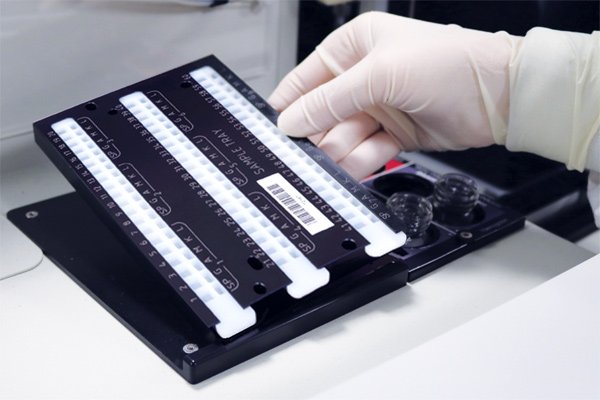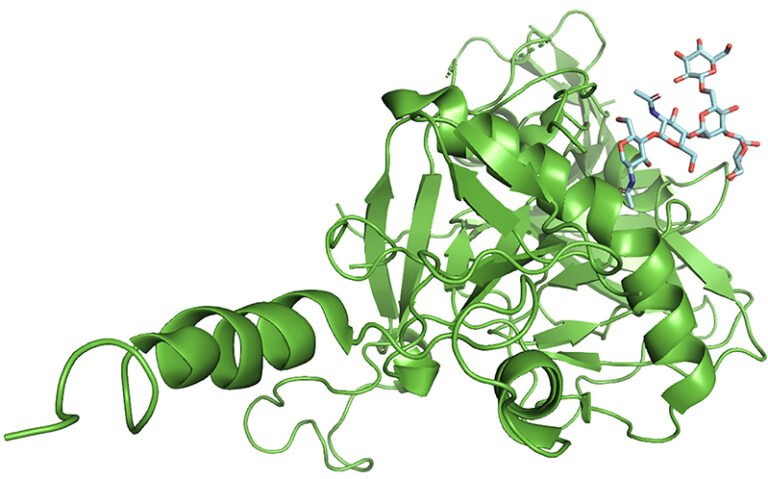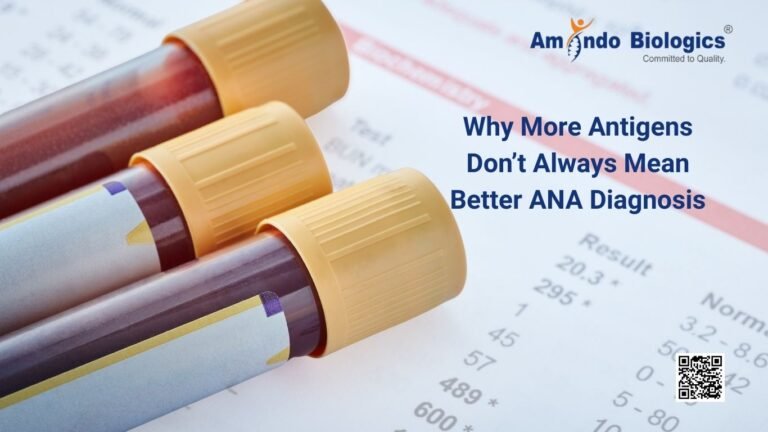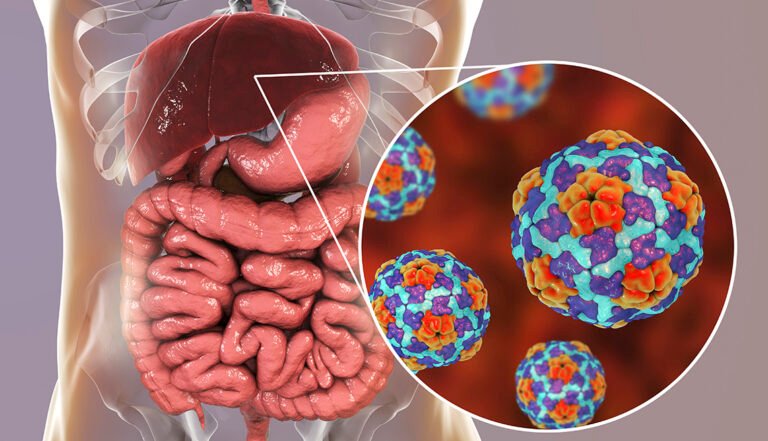Line Immunoassay (LIA): Unravelling the Mystery
1. Introduction to LIA:
- Autoimmune diseases pose a significant challenge for clinicians and patients alike. These conditions occur when the immune system mistakenly targets the body’s tissues.
- LIA is one of the immunoassay techniques commonly employed for detecting specific biomarkers associated with autoimmune diseases.
- Unlike other methods like immunohistochemistry, ELISA, and Western blotting, LIA offers unique advantages in terms of specificity, ease of use, and accuracy.
2. How LIA Works:
- Antigens on a Strip: In LIA, recombinant antigens are immobilized in straight lines on a nylon membrane.
- Patient Serum: The patient’s serum, which may contain autoantibodies, is incubated with these antigen-coated lines.
- Detection: If autoantibodies are present, they will specifically bind to the corresponding antigens on the strip.
- Signal Generation: A detectable label (such as an enzyme-linked secondary antibody) produces a visible signal upon binding.
- Cut-Off Line: Interpretation is simplified by including a cut-off line to determine positive samples.
3. Comparison with Western Blot (WB):
LIA differs from Western blotting:
- In WB, viral lysates are separated by electrophoresis, whereas LIA uses separate antigens painted on nylon strips.
- LIA’s antigens are often recombinant and applied at optimal concentrations.
- LIA is particularly useful for detecting autoantibodies.
4. Why Protein Biomarkers Matter:
- Proteomic technologies allow us to identify and characterize proteins from biological samples.
- Protein biomarkers play a crucial role in:
- Early disease diagnosis.
- Understanding disease mechanisms.
- Identifying therapeutic targets.
- An ideal biomarker should be specific, validated, easy to test, reliable, and non-invasive.
5. The Legacy of Rosalyn Sussman Yalow:
- Yalow, a pioneering scientist, made significant contributions to immunoassays.
- Her work led to the Nobel Prize in 1977, making her the second American woman to achieve this honor.
In summary, LIA is a powerful tool that enables researchers and clinicians to unravel the complexities of autoimmune diseases. By detecting specific autoantibodies, LIA contributes to early diagnosis and improved patient care.







